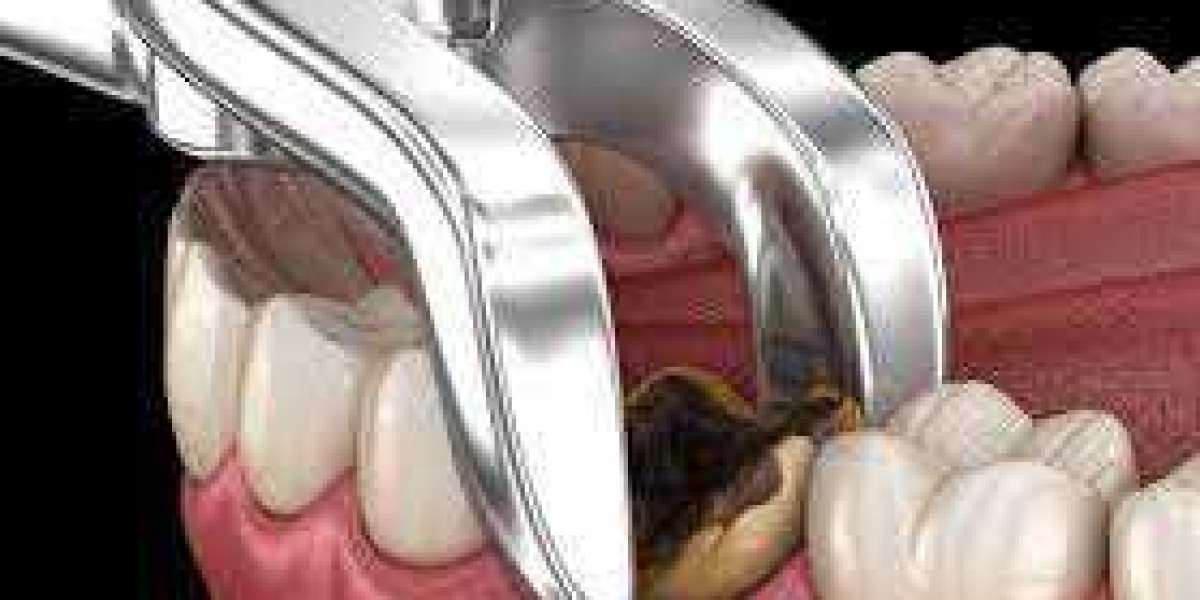When a tooth is extracted, it's natural to wonder, can tooth removal affect your jawbone? The answer is yes—removing a tooth can have a direct impact on the underlying bone structure. While extractions are sometimes necessary to preserve oral health, they may lead to jawbone loss over time if not properly managed. Understanding how the jawbone responds to Tooth Removal helps patients make informed decisions about their long-term dental care and possible restorative options.
What Happens to the Jawbone After Extraction?
Your jawbone plays a critical role in supporting your teeth. Once a tooth is removed, the bone that once held it in place no longer receives stimulation from chewing forces. This lack of stimulation can lead to a natural process called bone resorption, where the bone tissue begins to break down. Here’s what typically occurs:
Immediate bone remodeling starts within weeks of extraction.
Bone loss is most significant in the first 6 to 12 months.
Up to 25% of bone volume can be lost within the first year.
The gum tissue may recede, affecting appearance and oral function.
While this is a normal biological response, it can be minimized with proper care and treatment planning.
How Bone Loss Affects Oral Health?
Jawbone loss doesn't just stay hidden beneath the gums—it can have far-reaching effects on your oral health and appearance. Common consequences of untreated bone resorption include:
Shifting of nearby teeth into the empty space
Changes in bite alignment leading to TMJ pain or jaw strain
Difficulty wearing dentures or placing dental implants later
Facial sagging due to lack of bone support, especially in multiple extractions
Increased risk of further tooth loss as surrounding bone weakens
These issues highlight the importance of addressing jawbone changes proactively after a tooth is removed.
How to Prevent Jawbone Loss After Extraction?
The good news is that bone loss isn’t inevitable. There are effective ways to preserve the jawbone after tooth extraction. Dentists often recommend proactive treatments such as:
Bone grafting: A small amount of bone material is placed into the socket immediately after extraction to support healing and maintain bone volume.
Socket preservation techniques: Special membranes or materials are used to protect the site and encourage natural bone regeneration.
Avoiding smoking: Tobacco use impairs healing and increases bone loss.
Following aftercare instructions: Proper hygiene and avoiding physical stress on the extraction site support faster and healthier recovery.
These methods are especially important for patients planning to replace the missing tooth with a dental implant later.
Tooth Replacement Options That Protect the Jawbone:
Replacing an extracted tooth promptly helps preserve the jawbone by reintroducing chewing forces and stimulation. Several options are available, each with unique benefits:
Dental implants: The most effective option for preserving bone, as the implant acts like a natural tooth root.
Implant-supported bridges or dentures: Offer more stability and bone stimulation than traditional removable appliances.
Fixed bridges: While they restore function and aesthetics, they don’t directly stimulate the jawbone where the tooth was removed.
Removable partial dentures: Useful for replacing multiple teeth, but less effective in preserving jawbone mass.
Consulting with your dentist about these options soon after extraction increases the chances of preventing long-term bone loss.
When to Talk to Your Dentist About Jawbone Health?
If you’ve recently had a Tooth Removal Treatment or are planning an extraction, it’s important to discuss your jawbone health with your dentist or oral surgeon. Make sure to ask questions like:
What are the chances of bone loss in my case?
Would a bone graft be beneficial for me?
What are my options for tooth replacement to preserve bone?
How soon should I replace the tooth to avoid bone changes?
Early planning can make a significant difference in maintaining your oral structure, appearance, and function. Your dentist will guide you in choosing the best path forward based on your unique dental needs.











